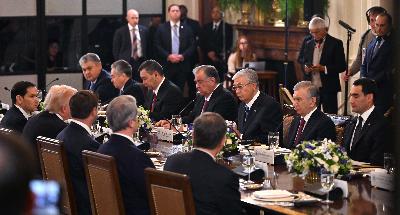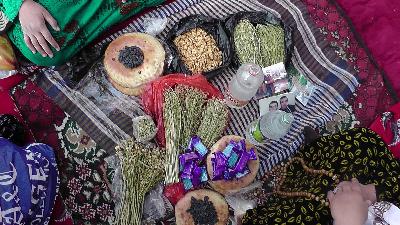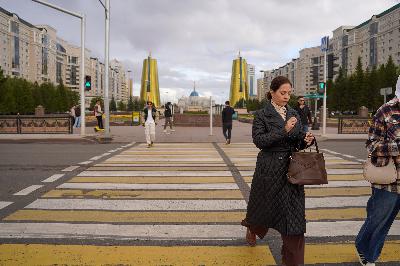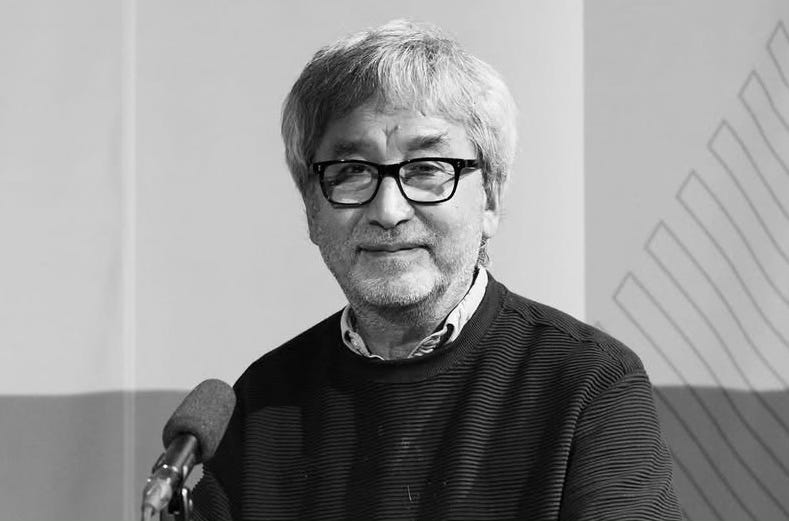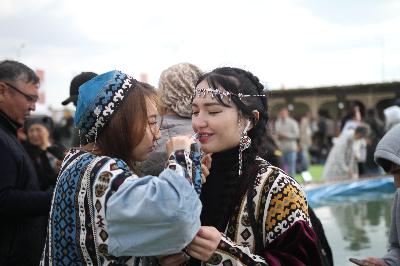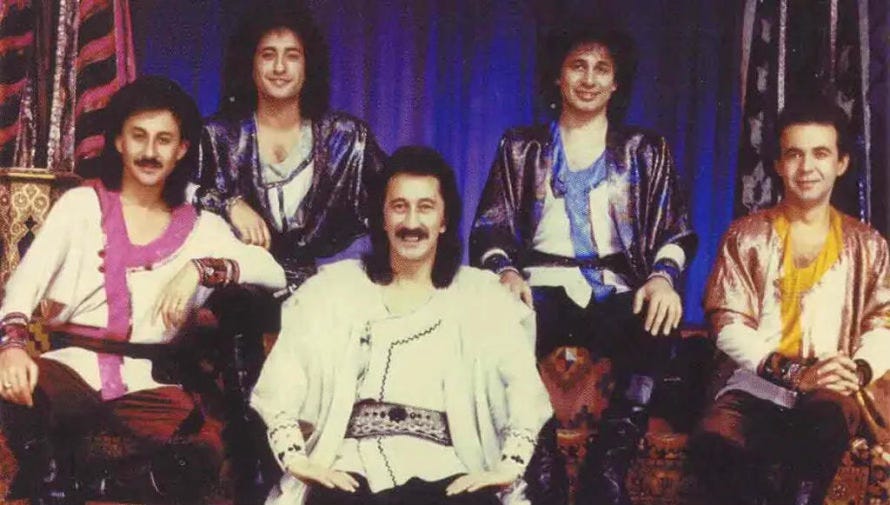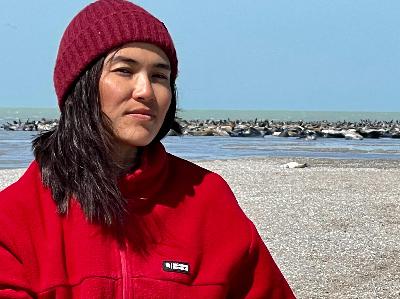Episode 13: Post-Soviet nostalgia and colonial legacy in Central Asia
Description
This week, we’re taking a deeper look at Central Asia’s postcolonial legacy and how Russia’s centuries-long influence has shaped ways of thinking, institutions, and everyday life in the region.
Russian colonisation of Central Asia began in the early 1800s and expanded steadily throughout the 19th century. Following the Russian Revolution, most of Central Asia was incorporated into the Soviet Union. This period brought rapid industrialisation and infrastructure development – but it also suppressed local cultures in a manner typical of colonial regimes.
The Russian language came to be seen as a marker of civilisation and positioned as superior to local languages, while people were expected to conform to the values of a secular, rational Soviet state.
To meet the demands of the increasingly authoritarian new super-state, millions of people, representatives of ethnic groups seen as suspicious and potentially rebellious, were deported to Central Asia.
GULAGs, that is - forced labour camps - were established across the Soviet periphery. Finally, man-made famines – driven by brutal collectivisation policies – claimed thousands of lives in both Central Asia and Ukraine. The ethnic and demographic makeup of the region was permanently altered.
And yet, some scholars – both in Russia and the West – continue to argue that the Soviet Union was not an empire, but rather a benevolent force striving to build a just, multicultural society.
Even in modern-day Central Asian states, which gained independence after the Soviet Union’s collapse in 1991, many still express nostalgia for the Soviet past, often overlooking its darker chapters. Russian remains widely spoken – and for many, it is still the only language they know.
Today, we will look at all those paradoxes, explore Soviet nostalgia and imperial melancholia, focusing on a rarely heard perspective: that of Turkmenistan.
Joining us is Selbi Durdiyeva, a decolonial scholar originally from Turkmenistan, and a Teaching Fellow at the College of Law, Anthropology and Politics, at SOAS, University of London. Her research interests include decoloniality, transitional justice, and socio-legal approaches. Her book titled “The Role of Civil Society in Transitional Justice: The Case of Russia” was published by Routledge in 2024. She is also my Substack colleague and runs a newsletter called “Nodes from Pluriverse.”
Get full access to Turan Tales at turantales.substack.com/subscribe


